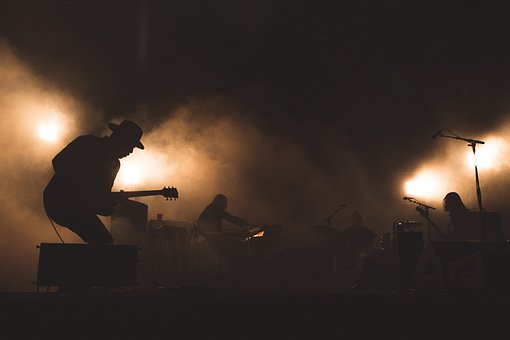
Music as a Language
Many musicians and people in general believe that music can express many things and thus it can even be considered a language.
David Ludden from psychologytoday.com says:
Like language, music has syntax—rules for ordering elements—such as notes, chords, and intervals—into complex structures. Yet none of these elements has meaning on its own. Rather, it’s the larger structure—the melody—that conveys emotional meaning. And it does that by mimicking the prosody of speech.
This is true, and more than this, it becomes a universal language, due to the fact that the way music works in one place in the world, is how it works in every corner of the world. However this does not mean that it is the same music everywhere, as we can hear many differences depending on the history, culture and overall context from which the music comes from.
Still, the idea is the same, and there is a melody in all of music that we can all understand.
Victor Wooten, one of the greatest bassists of our generation believes that music is indeed a a language, and he shared some of his thoughts in a TED video.
The Language Approach
It’s interesting how Wooten sees this as a way to embrace music, comparing the way we learn how to play musical instruments to learning how to speak as an infant. He even says that talking is like jamming, and that we are allowed to jam with professionals in order to learn how to speak.
This is actually a very good way to learn, since it doesn’t rely on the traditional structures which can be a bit suffocating for a beginner, and it focuses more on a more natural way to communicate through the instrument.
If the idea is to learn how to say things with music, then you have to be in control of what you are doing, and feel comfortable to say whatever it is that you want to say. Hypothetically, if a person were to follow the rules of traditional music learning but with English, and this person engages in a conversation, it would be extremely difficult for this person to react to some questions or interactions, since there has been little practice with this “jamming”.
This is what connects people in music, engaging in a conversation in this form of language that does not include words. Many rock, blues and jazz bands use this method to compose, turning conversations into an organized song.
The Japanese artist “Noah” has a similar understanding of how she handles her musical works. She said in an interview with NBAHP:
My sound changes if needed. Music is my language in another aspect. I find I choose tempo, sound, harmonies as necessary, like you choose words or tones or tempo, when you have something to tell.
The Convergence Point

The idea of music as a language can also reflect how every culture and context adds to the richness of this universal language and makes it evolve in unexpected ways.
As we get the opportunity to become more connected, music is one of the main protagonists in this enterprise. A good question would be: Would we be more isolated if it weren’t for music?
Whether it’s in a party or at an opera, music has some sort of magic of bringing people together in a way that other forms of art cannot, and it’s because of this “universal language” idea. These days music is the greatest form of communicating, so if your dream is to be a musician, think very well about what you want to say, there is a chance that someone in the other side of the world will listen.
